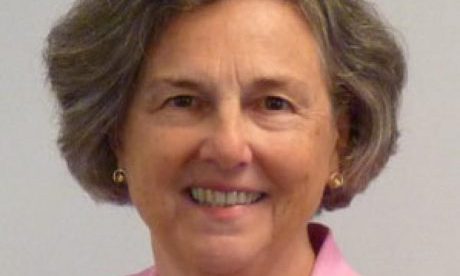Much of the world may be charmed by Pope Francis, but what has he done to include women as decision makers in the Catholic Church? More to the point, what can he do?
Francis has, of course, been busy with other things. The seventy-eight-year-old Jesuit now in the third year of his papacy seems quite serious in his efforts to reform the Roman Curia, by all accounts a bloated bureaucracy resistant to change. The pope’s early movement toward transparency in Vatican financial matters earned him enemies within the system, and his ongoing efforts to uncover fiscal improprieties do not exactly grease the wheels needed to move the Curia forward to reform. Francis’s dual efforts—curial and financial reform—support his larger agenda and aim: preaching the Gospel and living its message.
But, what about women? In interviews and writings, the pope often returns to the topic of women’s roles in the Church. Within a few months of his election, Francis called for a “more widespread and incisive female presence in the Church” in an interview with Antonio Spadaro, the Jesuit editor of La Civiltà Cattolica, one of Italy’s oldest periodicals and the only one whose text is approved by the Vatican’s state department.1 The papal interview, translated into several languages and printed in sixteen Jesuit journals, caught the attention of the major Spanish daily newspaper El País,2 which suggested Francis might be considering female cardinals. The report brought a papal response: “I don’t know where that comment came from!”
Even so, Francis repeated the same call a few months later in his first apostolic exhortation, Evangelii Gaudium (The Joy of the Gospel): “we need to create still broader opportunities for a more incisive female presence in the Church.”3 He repeated that phrase when speaking before the Pontifical Council for Culture’s February 2015 plenary assembly on women in the church.4 The event was perhaps a response to another papal suggestion—development of a “theology of the woman in the Church”—made on the papal plane ride back to Rome from the 2013 World Youth Day in Brazil. Continue reading
- Phyllis Zagano is senior research associate-in-residence at Hofstra University, and a leading authority on women deacons in the Catholic Church.
